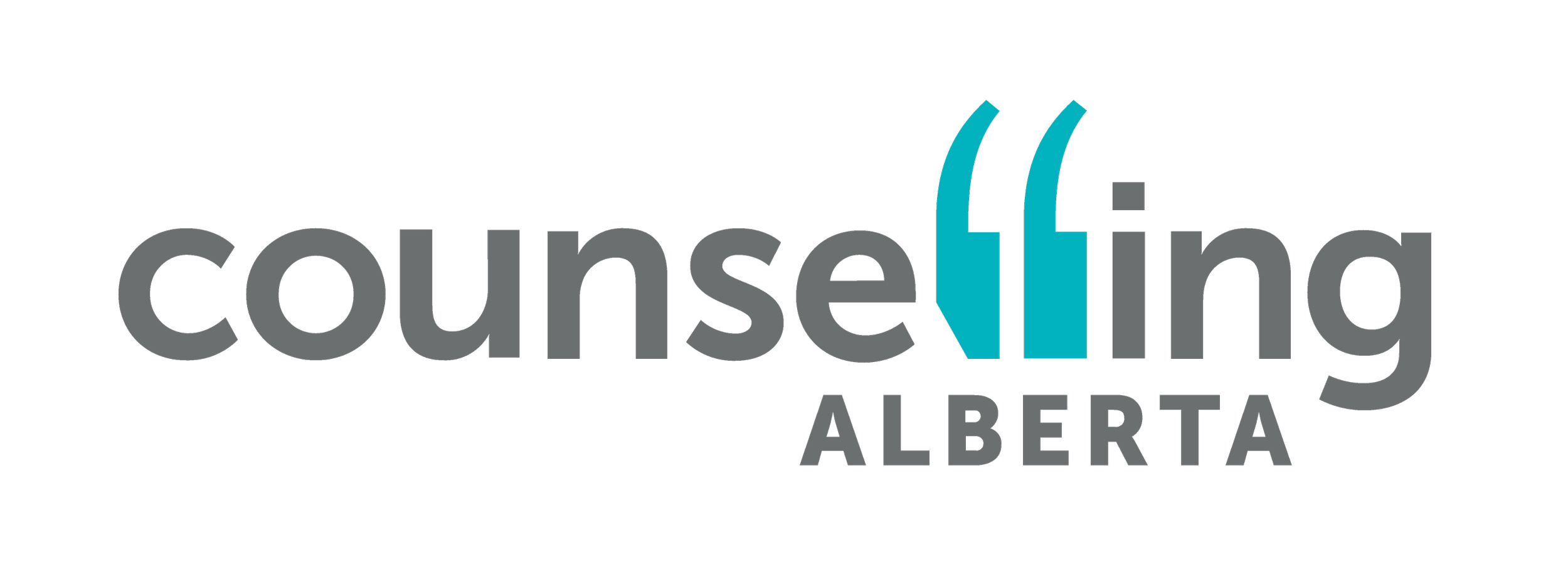Building a meaningful life after retirement
Imagine driving down a smooth, familiar highway. The scenery is predictable, the road well-paved, and every turn feels like second nature. Occasionally, you might detour onto a gravel path, but even then, you know where you're headed. Then, before you know it, the road disappears. You find yourself in an open, unfamiliar field. There’s no map, no clear direction, and no one to guide you. It’s unsettling, yet oddly freeing. You realize there’s no “right” way to move forward—the choices are entirely yours.
This is what retirement can feel like. After years of a structured routine, you suddenly find yourself in unfamiliar territory, with no one assigning tasks or setting expectations. It’s a transition that can feel both daunting and exciting—a chance to reflect, rediscover, and redefine what your life looks like now. Retirement is not an end; it’s a blank canvas waiting for you to create something new.
Supporting your mental health in retirement
Retirement, for many, is a privilege. It marks a significant life transition that comes with both opportunities and challenges. Leaving the workforce can bring about feelings of loss, uncertainty, and loneliness. The disruption to daily routines that have been a habit for decades and the identity you’ve formed through your work can bring feelings of relief, grief, and anxiety as you adjust to this new chapter. This stage is also often marked by deep reflection on missed opportunities, unmet goals, or regrets. Without a clear sense of purpose, you may experience feelings of despair or depression. But by recognizing these challenges, you can address them, nurture your mental health, and embrace your golden years with excitement.
Coping with loneliness and isolation
One of the biggest challenges after retirement can be feelings of loneliness and isolation. Retirement can be easier for those with a strong circle of friends, family, or community, but those with fewer connections may need additional support. Here are some practical tips to stay social:
Join community activities. Look for groups that align with your interests, whether it’s gardening, music, or book clubs. This can help you meet new people and stay connected.
Explore new hobbies. Retirement is the perfect time to try something you’ve never done before. Stepping outside of your comfort zone and finding new things you love can bring an added sense of fulfilment.
Volunteer. Giving back to your community can create new relationships and a renewed sense of purpose. Try reaching out to your local food bank, school, or any place that interests you to see if they need extra help.
Take classes. Pursue something completely different from your previous career to bring balance and excitement into your life.
Strong social connections are key to supporting your mental health during retirement. Use this time. Community centres, and free classes can be excellent resources. Talking with other people you know who’ve retired can also provide valuable insights and ideas for this phase of life.
Redefining purpose and identity
Many of us define ourselves by our career, so retirement often brings a loss of identity. Try using this time to reframe your narrative and explore questions like, “Who am I now?” “What do I want?” By experimenting with new interests and reimagining your purpose, you can find fresh ways to connect with your sense of self.
For some, this might mean mentoring younger generations, returning to work in a more casual capacity like volunteering, or dedicating time to creative pursuits. Viewing retirement as an intentional privilege can help you embrace this stage with gratitude and clarity.
The importance of routine
While retirement offers freedom from rigid schedules, a routine is still important for your mental well-being. Structure provides stability, motivation, and opportunities to connect with others. Tips for building a fulfilling routine include:
Keep a structured sleep schedule: Going to bed and waking up at the same time each day helps regulate your mood, energy, and overall health by keeping your body’s clock in sync.
Start your day with purpose. Schedule morning activities like coffee meetups, exercise, or journaling to set up momentum.
Balance routine with exploration. Dedicate time to hobbies and classes, as well as free time to explore new adventures that energize you.
Stay connected. Incorporate regular social gatherings or volunteer commitments into your schedule, so that there’s a sense of responsibility.
Gradual adjustment. If possible, ease into retirement by reducing work hours to three or two days a week for a year or two leading up to retirement.
Keep some things the same as before: If your mornings used to start with a cup of coffee before driving to work, continue waking up at the same time and enjoying that cup of coffee. Then, head out—but this time, maybe it’s to the pool for a swim, a coffee shop to meet friends, or somewhere entirely new. These small, familiar habits can help you ease into your new routine.
Reaching out for help
Retirement brings many emotions and questions, from processing regrets to redefining personal worth. Counselling can provide a safe space to explore these feelings and navigate the complexities of retirement. With guidance, you can:
Reframe your narratives and embrace your legacy.
Resolve lingering issues you’ve avoided during your working years.
Process anxiety around aging and changing physical health.
Build stronger connections with family and friends.
Embracing the journey
Retirement is a significant milestone with opportunities to create a fulfilling intentional life. By prioritizing mental health, building social connections, and redefining purpose, you can navigate this transition with resilience and optimism. For those seeking support, Counselling Alberta is here to help. With no waitlist or financial barriers, we’re here to empower you to navigate this new and exciting chapter.
Information for this blog post was provided by registered psychologist, Amy Ramler.



